Is The Rise Of A.I. Really That Beneficial?
Artificial intelligence has grown immensely, and is still growing today.
January 11, 2023
A.I. has recently become a huge point of controversy due to its huge rise in popularity. To me, it had always seemed to be almost like a distant afterthought; popular in movies and for frequent news updates on smaller machinery built in with A.I. systems, all for merely entertainment reasons. But throughout 2022, we have slowly gotten more news of its evolution.
We have heard so much news of artificial intelligence creating all sorts of pieces of media, such as art, poetry, and even journalism. Not only this, but what we have seen being created can be quite outstanding, nearly exact to what a professional artist, poet, or journalist would write.
To provide an example of this, I took it to myself to experiment and ask for an A.I. website known as “Chat GPT” to create something out of prompts that I choose, like everyone has been doing as of recently. For my first prompt, I typed into my chat box to “give five reasons why TV is bad for us.” In under 30 seconds, I received those five reasons. The feedback was also valid, as it did seem to have good factual statements.
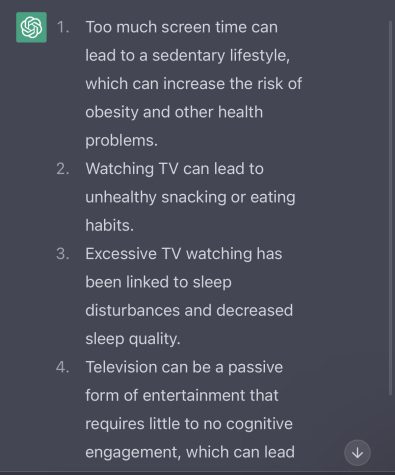
This is just one factor in many things that artificial intelligence has achieved. A popular trend in 2022 was “A.I. Art.” This involved people going onto websites and putting in specific prompts for an A.I. system to illustrate, and most of the time, what becomes illustrated is very beautiful.
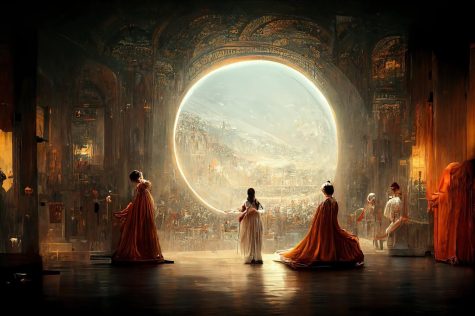
The image shown is a perfect example of this. Oddly beautiful art created by computers. Now let us put some context on this image.
According to an article by Kevin Roose on the New York Times, “This year, the Colorado State Fair’s annual art competition gave out prizes in all the usual categories: painting, quilting, sculpture. But one entrant, Jason M. Allen of Pueblo West, Colo., did not make his entry with a brush or a lump of clay. He created it with Midjourney, an artificial intelligence program that turns lines of text into hyper-realistic graphics.”
“Mr. Allen’s work, ‘Théâtre D’opéra Spatial,’ took home the blue ribbon in the fair’s contest for emerging digital artists — making it one of the first A.I.-generated pieces to win such a prize, and setting off a fierce backlash from artists who accused him of, essentially, cheating.”
Artists all around the world have created posts protesting against A.I. art. For instance, when I scroll through Instagram, every now and then I’ll see a small poster with A.I. crossed out, with words under saying: “Say No to AI Generated Images.”
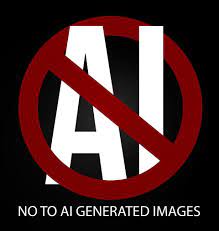
“Art, literature, and many other fields of entertainment could be at risk of an A.I. takeover,” Cooper Clayton (’25) said.
It seems as if there is only negativity towards A.I., or at least mostly negative feelings toward them, and unfortunately, I cannot say that I disagree. I find that many humans may find a rise in danger of losing their jobs due to computers doing them faster, and even doing them better with opportunities of more prestige, neatness, and detail.
“You know, honestly, I do not think there are any stopping people from making A.I.,” Jake Phillips (’25) said. “I think people are gonna build A.I. no matter what, we can put restrictions on it, to decide what to do and decide what it does.”
While I and others do think that A.I. brings a lot of problems, it is not like big companies are going to stop creating newer and smarter computer systems.
“Well, this is just the same thing as what happened in the industrial revolution,” Sean Mavety (’25) said.
While lots of protesting has taken place, I could see a solution in putting down restrictions on A.I., so that people do not lose their jobs and stick to their talents. The best solution, at least in my opinion, is not to totally speak out against artificial intelligence, but rather strive to make companies put restrictions on A.I. that helps keep both the works of computers and humans balanced, and not against each other.







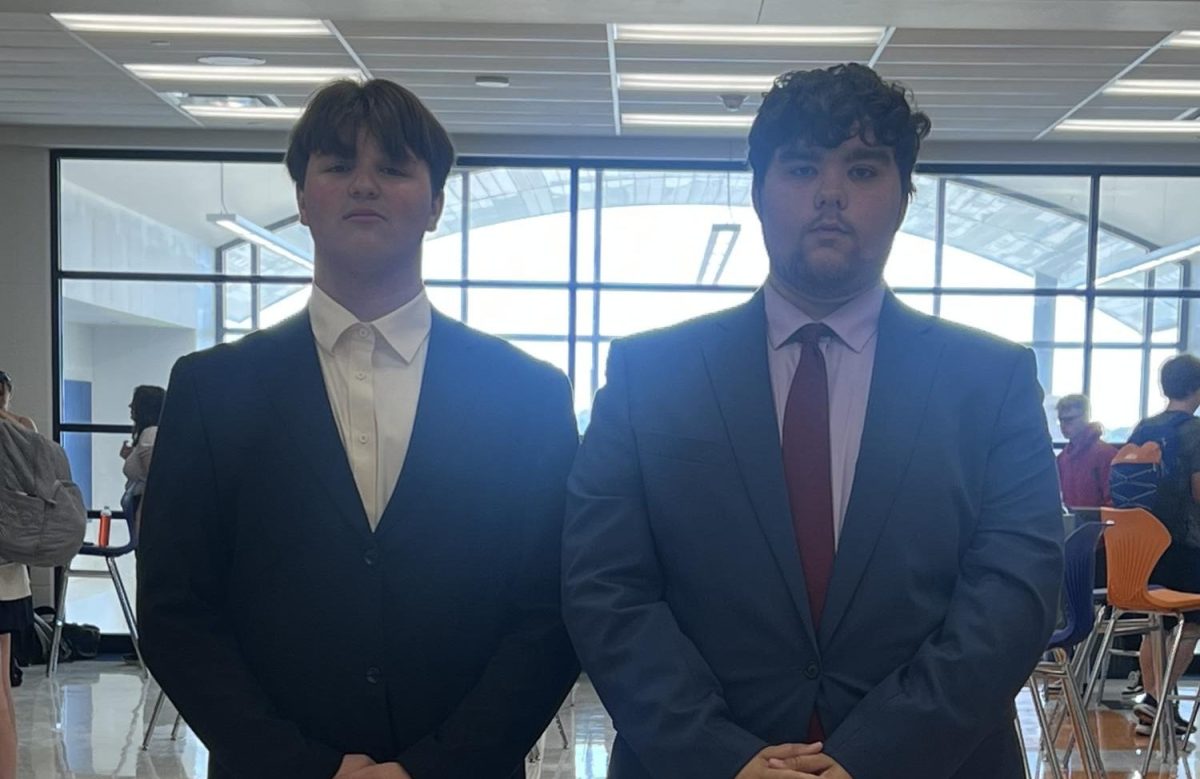


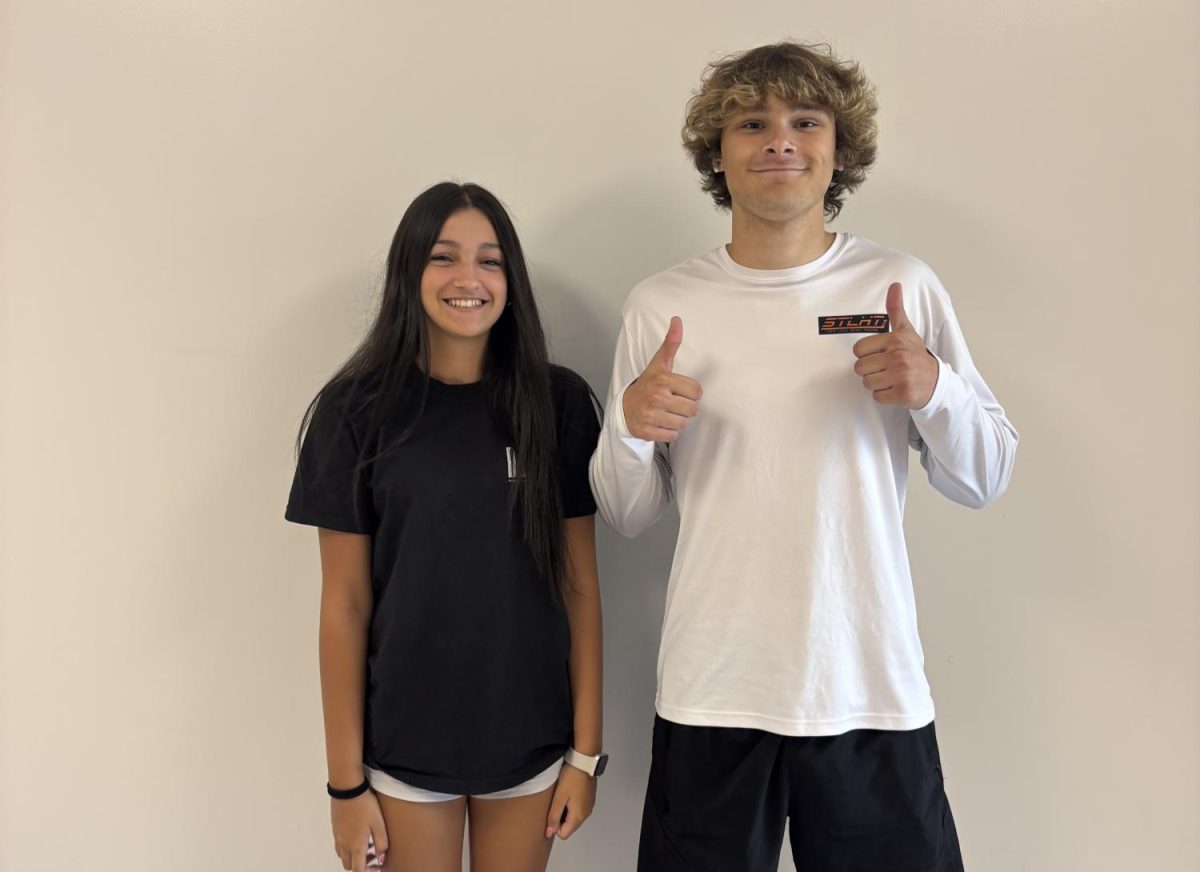

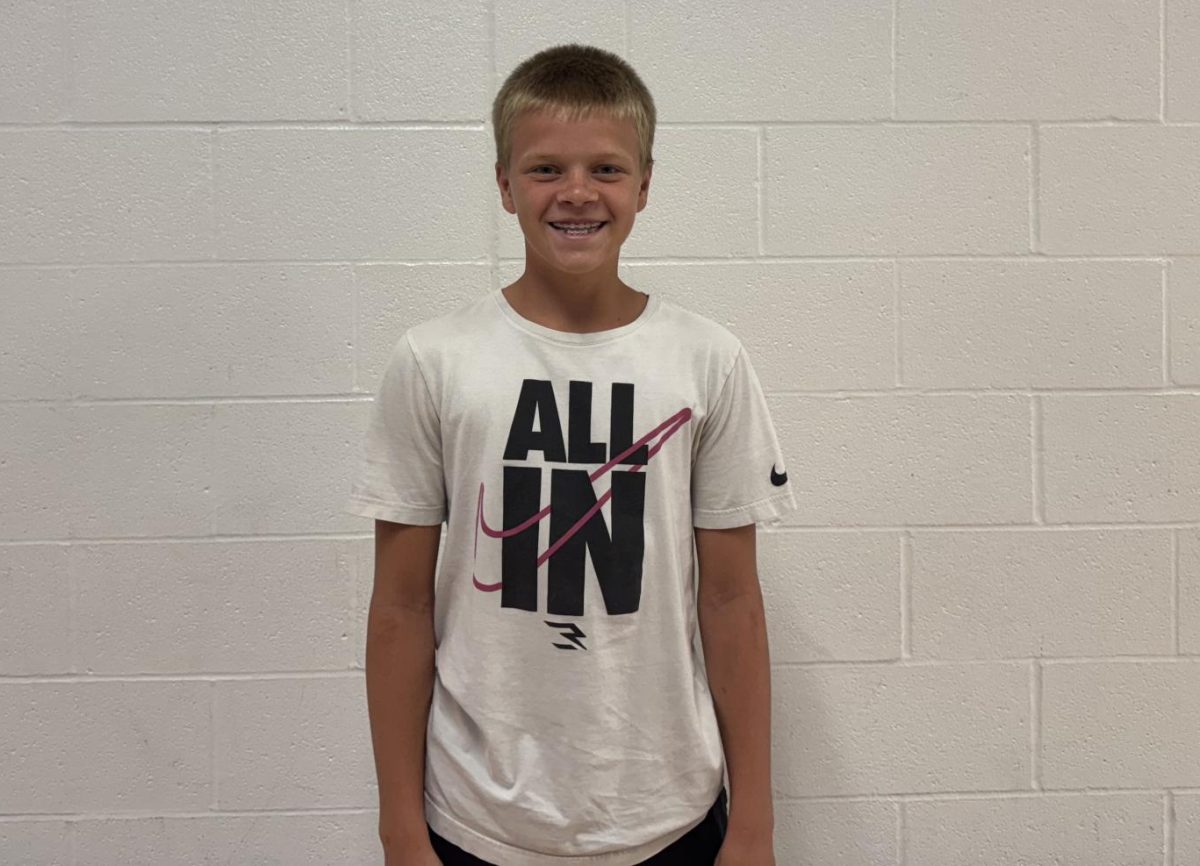
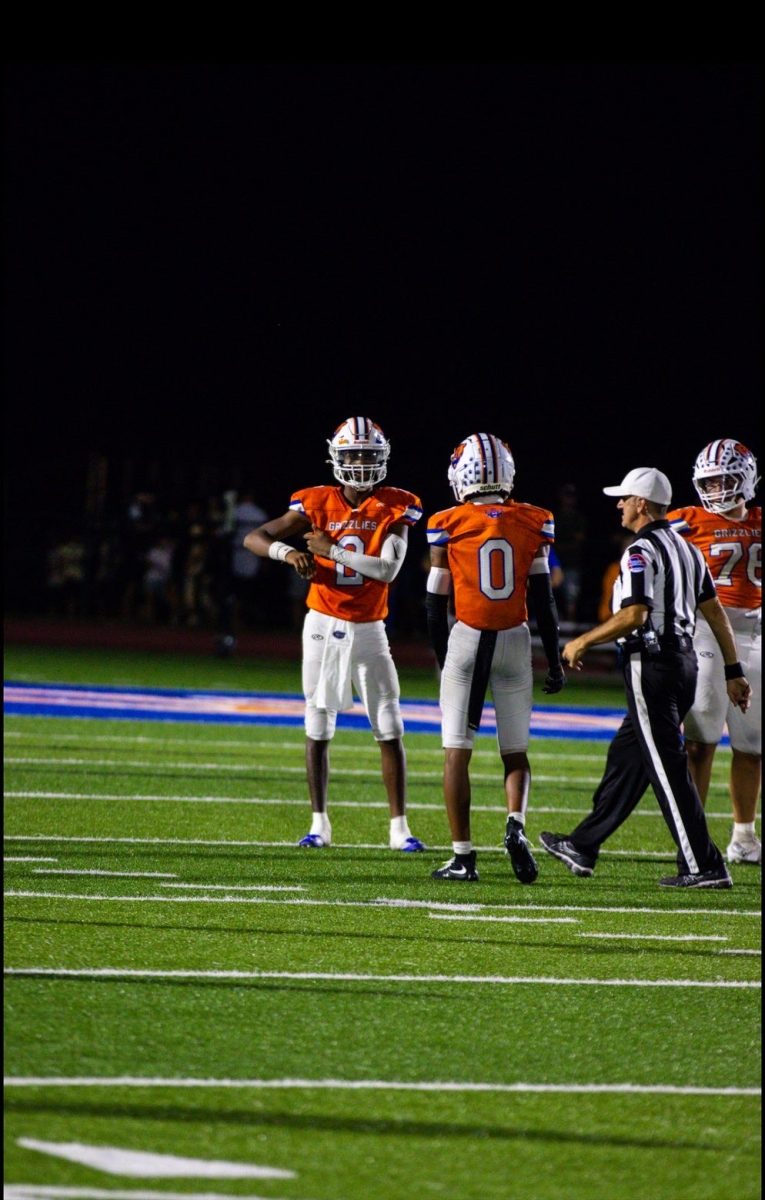





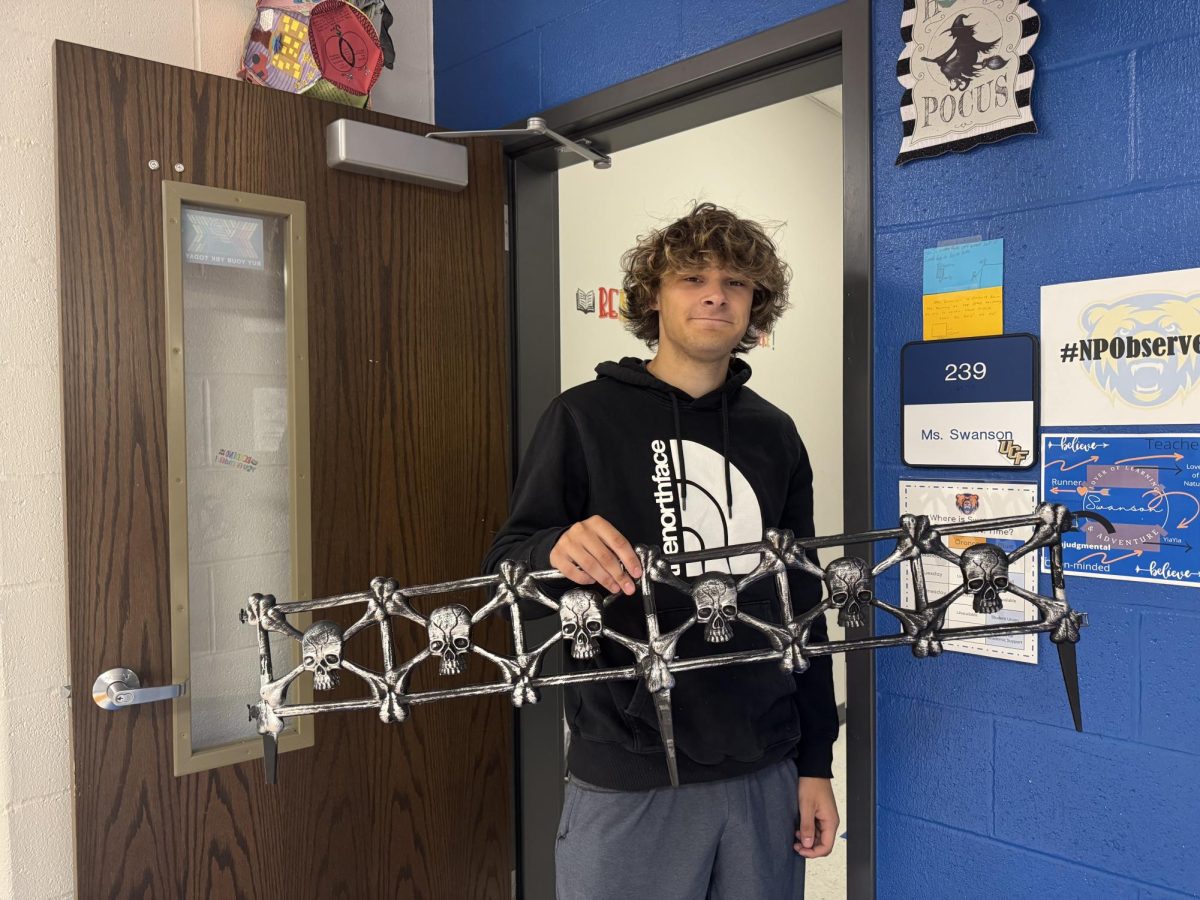
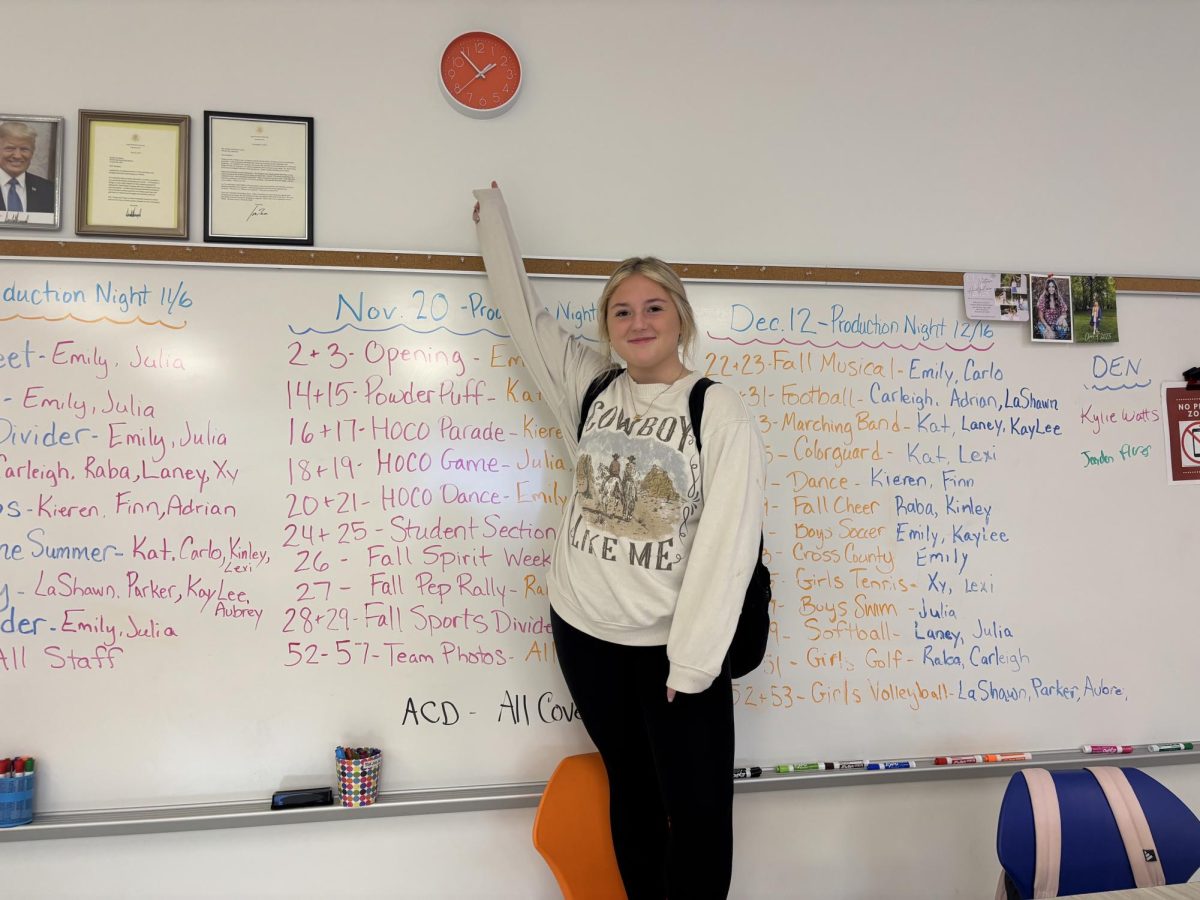



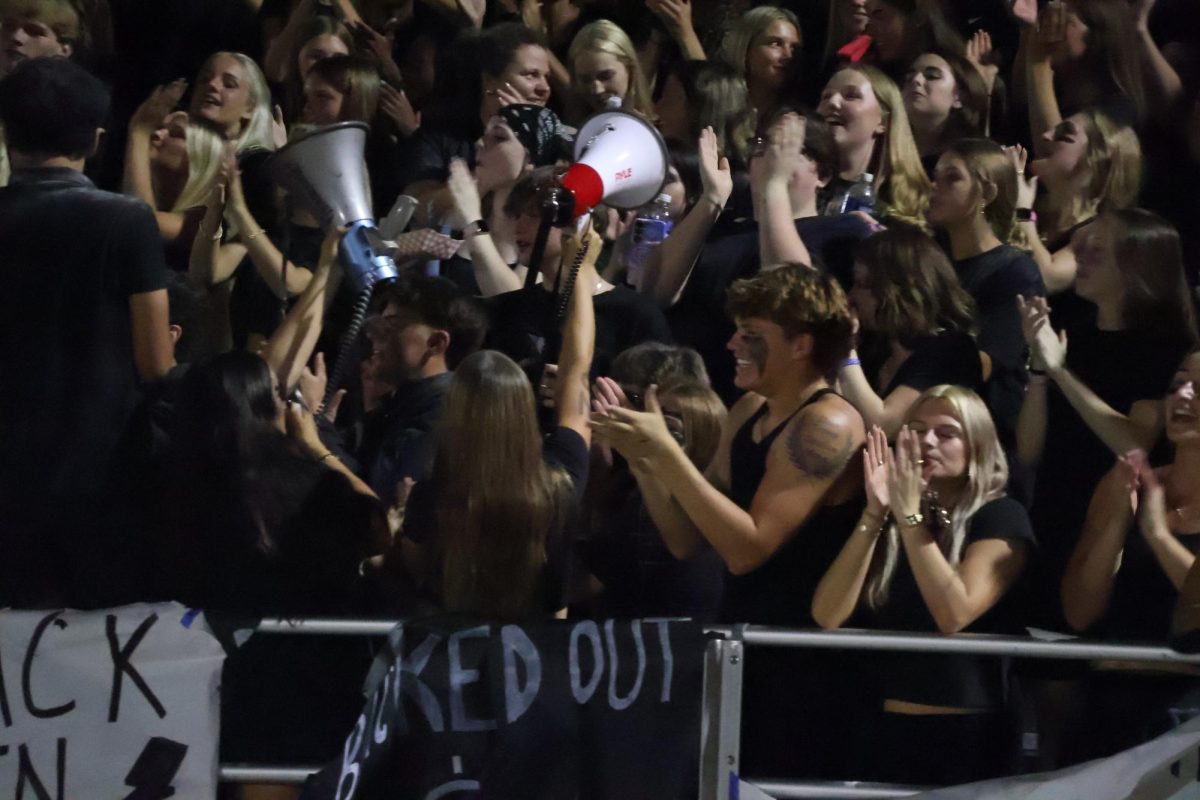
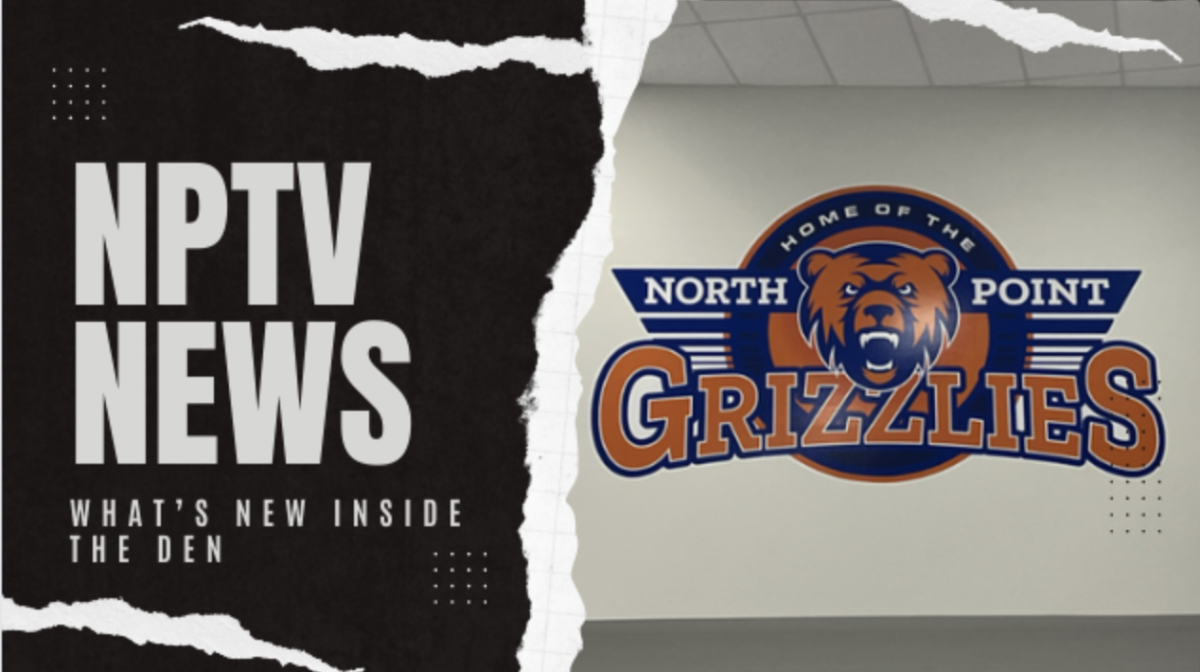
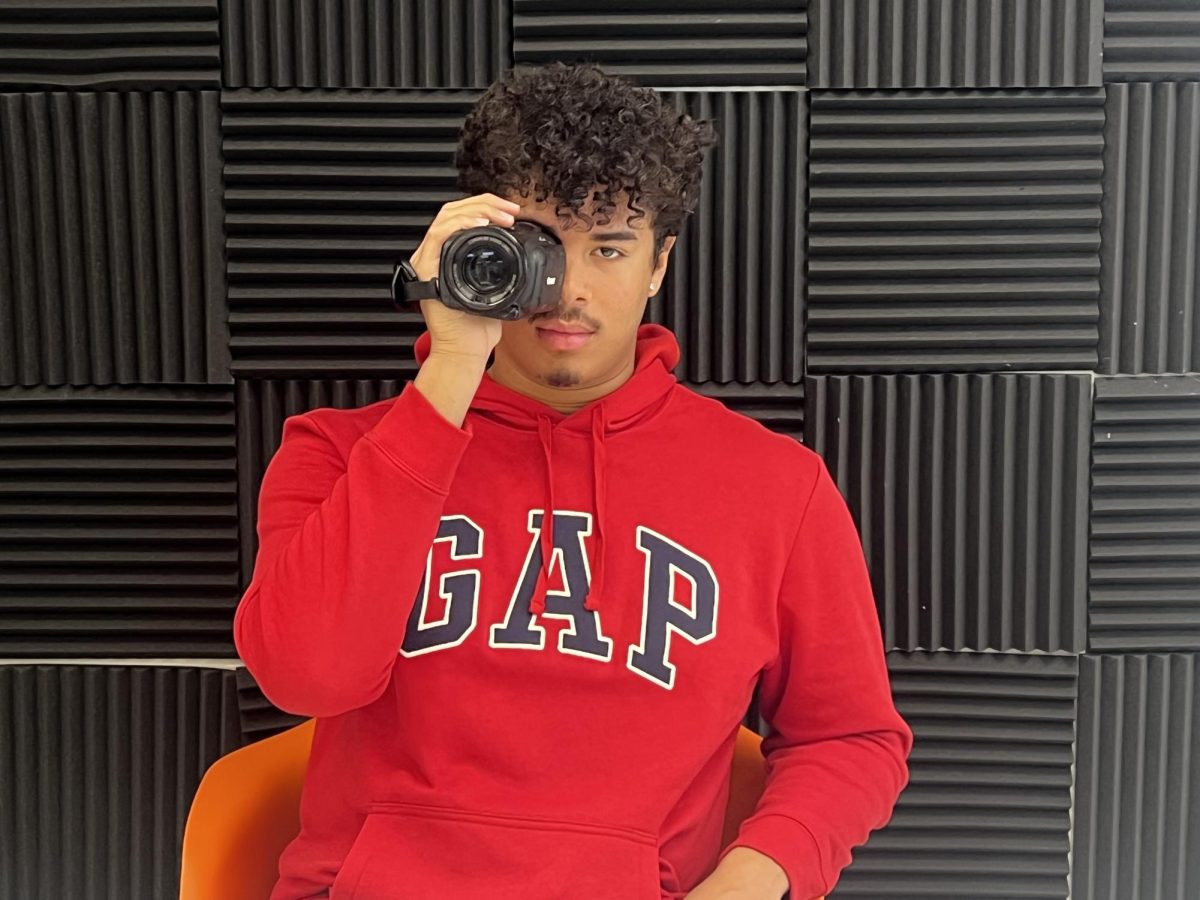

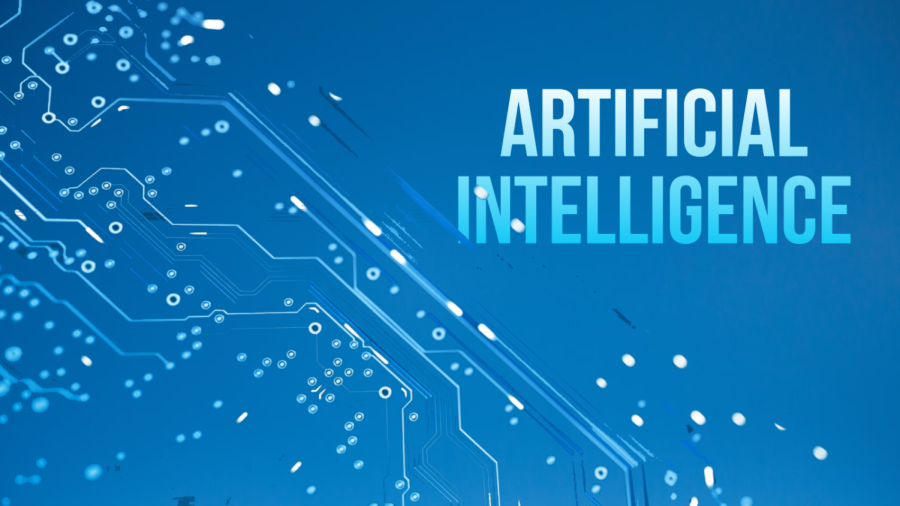
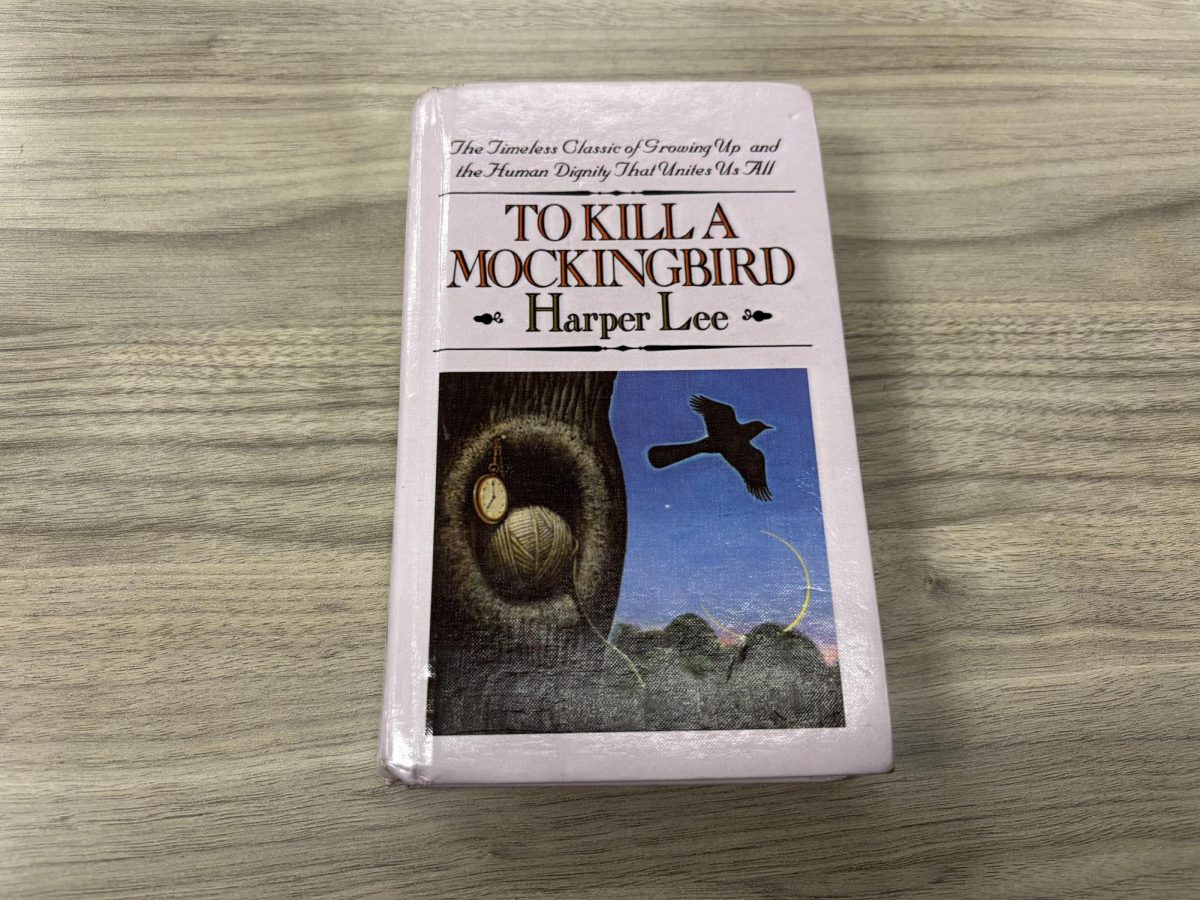

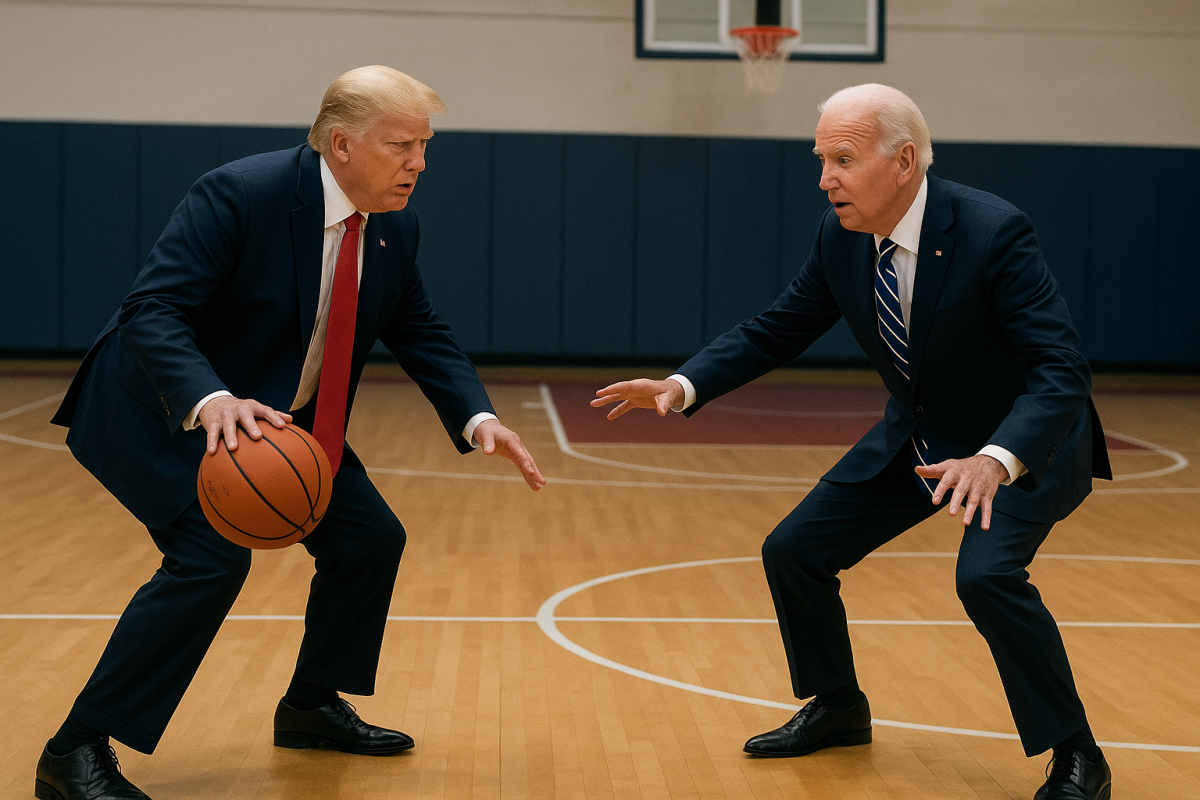
Carol Chipley • Feb 2, 2024 at 12:15 pm
I was very impressed by this article
Very well researched and seemed unbiased in presentation. Good and useful information